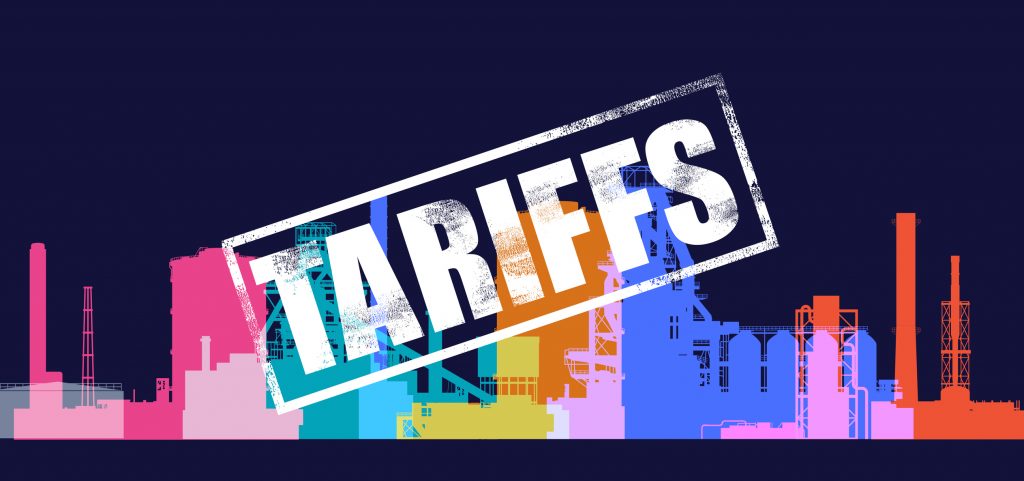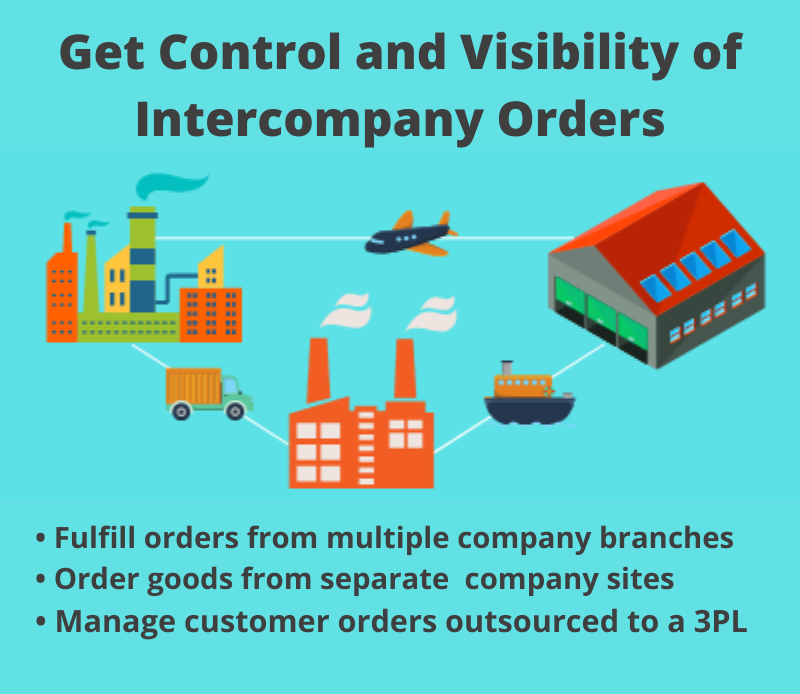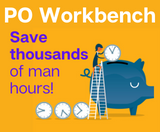 by Don Lindsey
by Don Lindsey
Hiring, educating, and maintaining qualified employees to manage the challenges of tariffs on your business is an increasingly important activity. New hire talents and traits need to be measured and evaluated to allow for the selection of top candidates for this crucial organizational position. Here’s a look at some considerations when hiring in the age of tariffs.
Digital Platform Understanding
To succeed in today’s tariff-intensive environment, individuals will need to understand a suite of digital tools and strategic systems for tariff management, cost control, and regulatory compliance. Digital platforms enable reclassification, diversified sourcing, and supplier management to mitigate tariff risk and build supply chain agility.
Tariff Management Software Knowledge
Tariff Management Software and platforms, such as Logfret and specialized eTariff solutions, provide centralized, real-time classification and compliance tracking, helping users navigate complex regulations while optimizing duty calculations.
Tariff Calculators & Scenario Modeling Tool Expertise
Tariff calculators and scenario modeling tools, such as Flexport Tariff Simulator, Suplari Spend Analytics, NerdWallet U.S. Tariff Calculator, and IBISWorld US Trade Tariff, allow for real-time modeling of tariff impacts on prices, margins, and supply chain costs, thereby supporting informed decisions and dynamic risk assessment. Solutions from providers like IBISWorld map products to tariff schedules, offering visibility into exposure, regulatory changes, and generating tailored reports to support proactive decision-making and effective communication.
Customs Brokerage & Consulting App Knowledge
Customs brokerage & consulting apps, such as Descartes CustomsInfo, SAP Global Trade Services (GTS), Flexport Customs, KlearNow.AI, and Customs4Trade (C4T), automate trade compliance and customs brokering workflows, reduce the risks of errors and missed benefits, and integrate global regulations for secure and compliant transactions.
Scenario Planning Tool Exposure
Candidates who have had exposure to scenario planning tools like Planful Scenario Planning, Suplari Spend Analytics & Tariff Modeling, KPMG Tariff Modeler, Parabola Tariff Scenario Modeling, and Planview Advisor for tariff changes should possess the ability, experience, and knowledge to continuously monitor international trade and agreements.
Simulation Tool Knowledge
Simulation tools related to sourcing route alternatives and cost structures would be beneficial, if not mandatory. Some knowledge of automated alerts for regulatory shifts and compliance deadlines, along with involvement in data-driven negotiations with suppliers and partners, is imperative.
Effective use of these modern tools and practices enables individuals and enterprises to minimize risk, protect margins, and adapt rapidly to tariff shifts in an increasingly complex global trade landscape.
Don Lindsey, CFPIM, CIRM, is a knowledgeable Implementation Project Manager, Trainer, and Business Analyst. He has been an implementation manager on several large, complex ERP projects and has worked with ERP systems since 2007 in Manufacturing, Systems Management, Service & Support, and Finance. Don has a diversified background in various manufacturing industries, from Medical to Electronics to Industrial to Consumer Products. He has spoken for many years at the APICS Conferences, having taught in the APIC Certification program at California State University at Fullerton for over 20 years.




